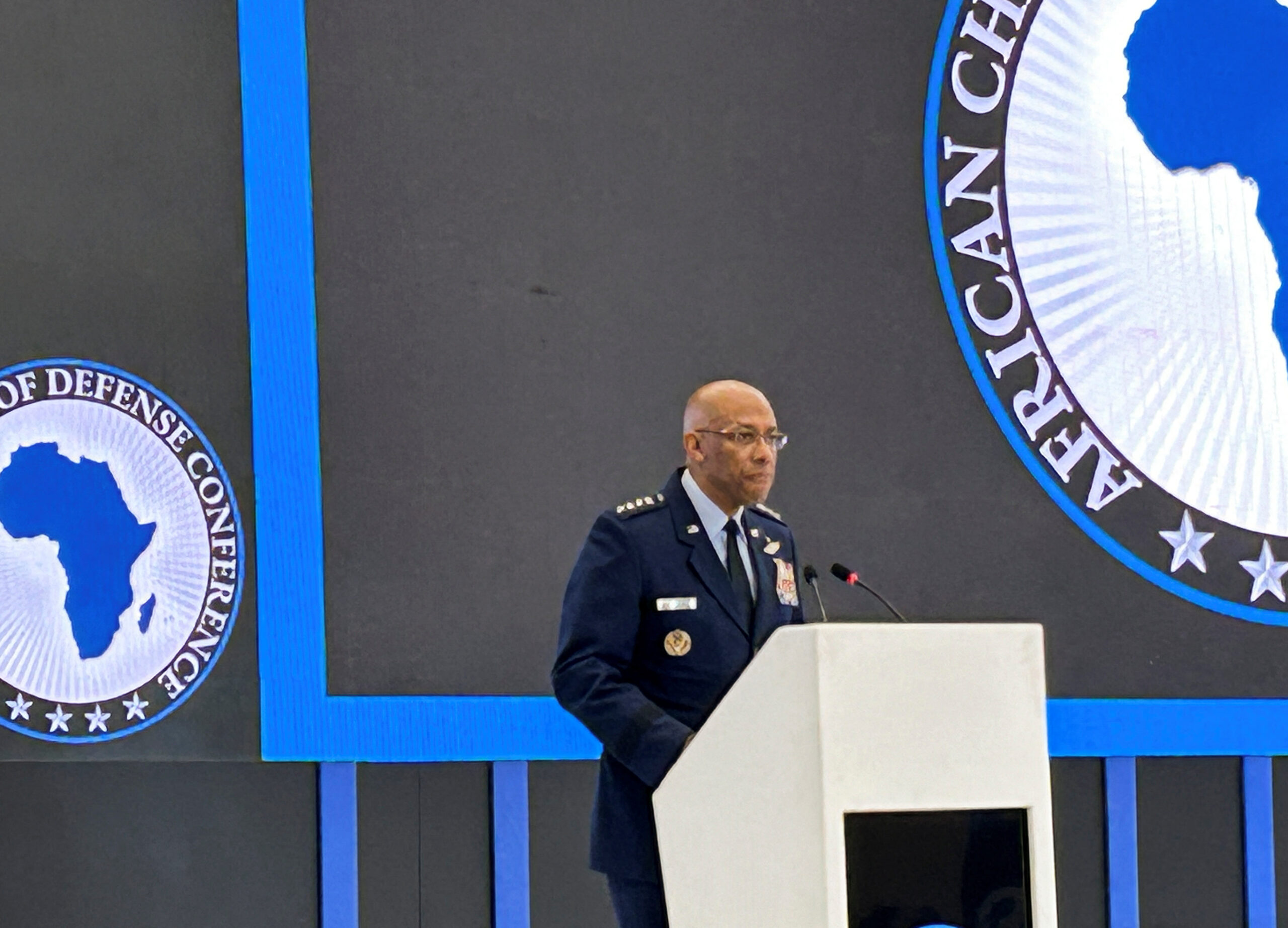
US intelligence on the escalating insurgencies in West Africa dims with Niger’s withdrawal
American officials are cautioning that it is getting harder and harder to keep an eye on the escalating insurgencies in West Africa as the U.S. military gathers what remains of its supplies and counterterrorism forces in Niger.
The military authorities of Niger have given the United States until September 15th to withdraw its forces from the nation. This includes closing a $100 million drone base close to Agadez in central Niger, which served as a vital source of intelligence regarding organizations associated with the Islamic State and al Qaeda.
One U.S. official, speaking to Reuters under condition of anonymity, stated, “The loss of Agadez degrades our ability to monitor the threat.”
The expansion of the Islamic State and the al Qaeda affiliate Jama’a Nusrat ul-Islam wa al-Muslimin (JNIM) are of special worry to U.S. officials.
The main difficulty facing Michael Langley, the four-star Marine general in charge of American forces in Africa, is predicting when extremist organizations would develop to the point where they could pose a threat to the US or Europe.
As their numbers increase, there is a chance that they could pose a threat to the United States. However, we would like to be able to keep an eye on it to see if it spreads to greater capacity,” Langley stated while attending an African chiefs of defense conference in Botswana.
Experts warn that it won’t be simple, and some compare it to Afghanistan, where information about the Islamic State and al Qaeda is collected at a far lower level than it was prior to the withdrawal of the United States and the Taliban takeover in 2021.
Former senior Pentagon official and CIA officer Mick Mulroy stated, “When we leave an area like the Sahel, and Afghanistan, we not only cannot (act on) an immediate threat with military and intelligence forces, we also don’t know about the plotting of an attack because of our reduced (intelligence) collection capabilities.”
OPPORTUNITY SETBACKS
Troops in Mali, Burkina Faso, and Niger have conducted out coups since 2020, accusing civilian leaders of facilitating the advance of Islamist extremists. Once in control, juntas have encouraged Russians to replace them while tearing up defense contracts with US, French, and UN forces.
Former special U.S. envoy to the Sahel J. Peter Pham said, “We have to figure out not only how to handle what are tactical and operational setbacks, but also how to prevent them from becoming a strategic reverse.”
The chairman of the Joint Chiefs of Staff, Air Force General C.Q. Brown, went to Botswana to meet with African military chiefs in an attempt to strategize. In thirty years, the highest ranking American military general had not traveled to sub-Saharan Africa before.
During his Tuesday keynote speech, Brown stressed the need of listening to African partners and stressed the use of non-military methods to address issues in the continent.
“To achieve lasting, shared peace, prosperity, and security, it’s not about one country dominating or deciding what will work for another,” Brown stated. “It’s about using our shared insights, experiences, and perspectives.”
All Categories
Recent Posts
Tags
+13162306000
zoneyetu@yahoo.com



